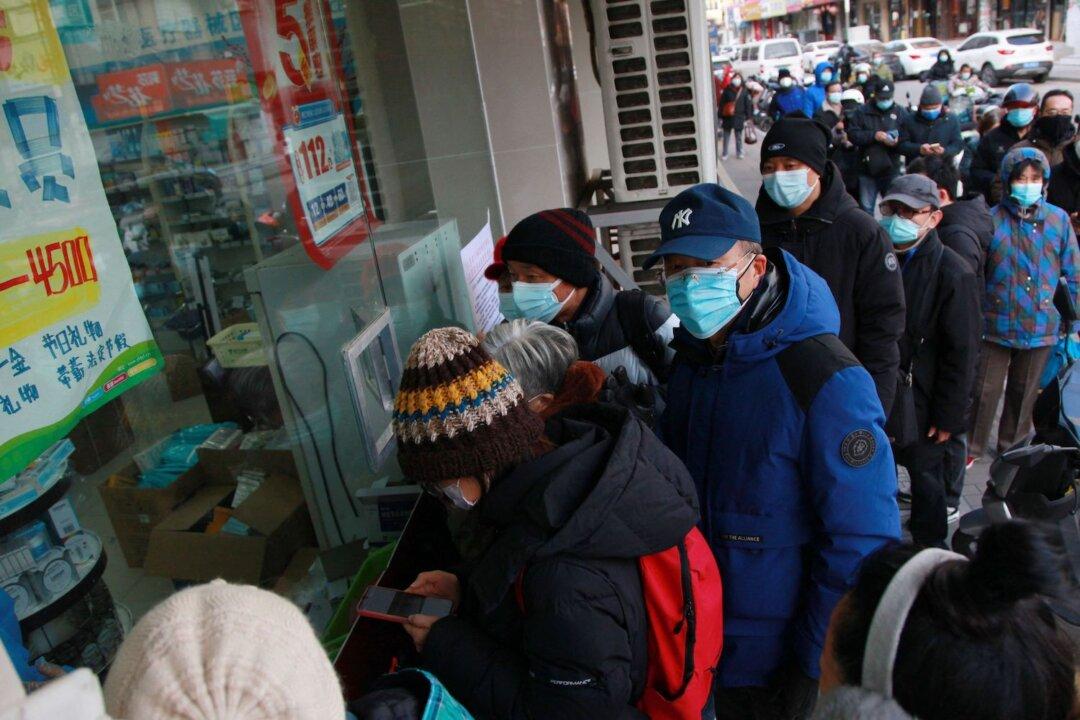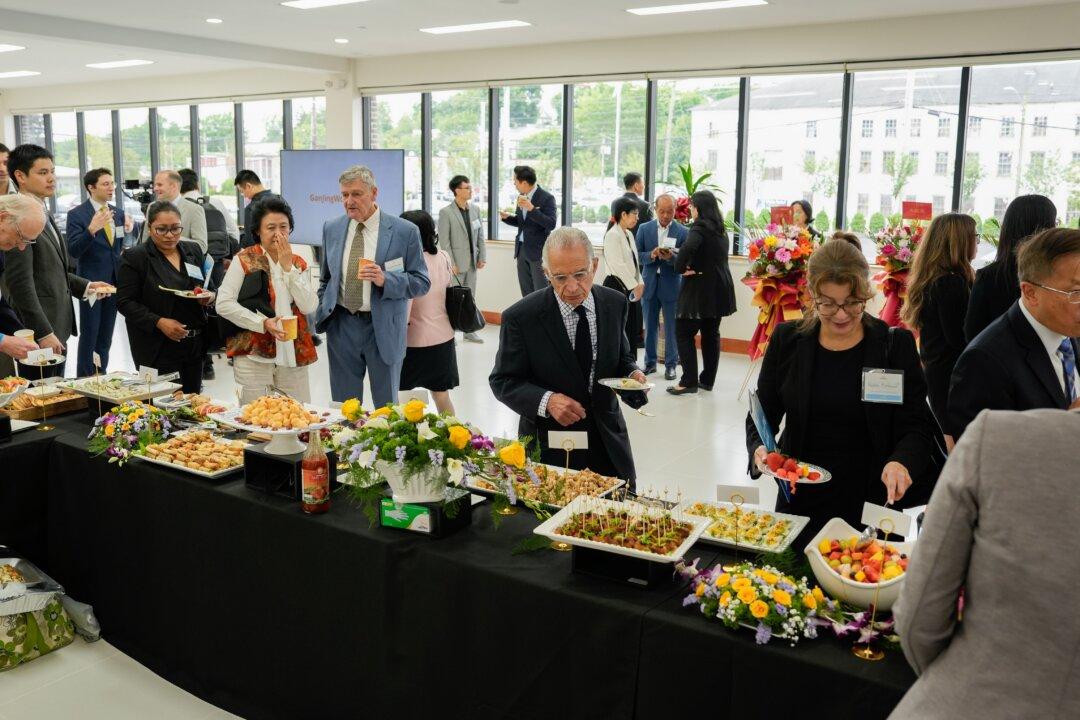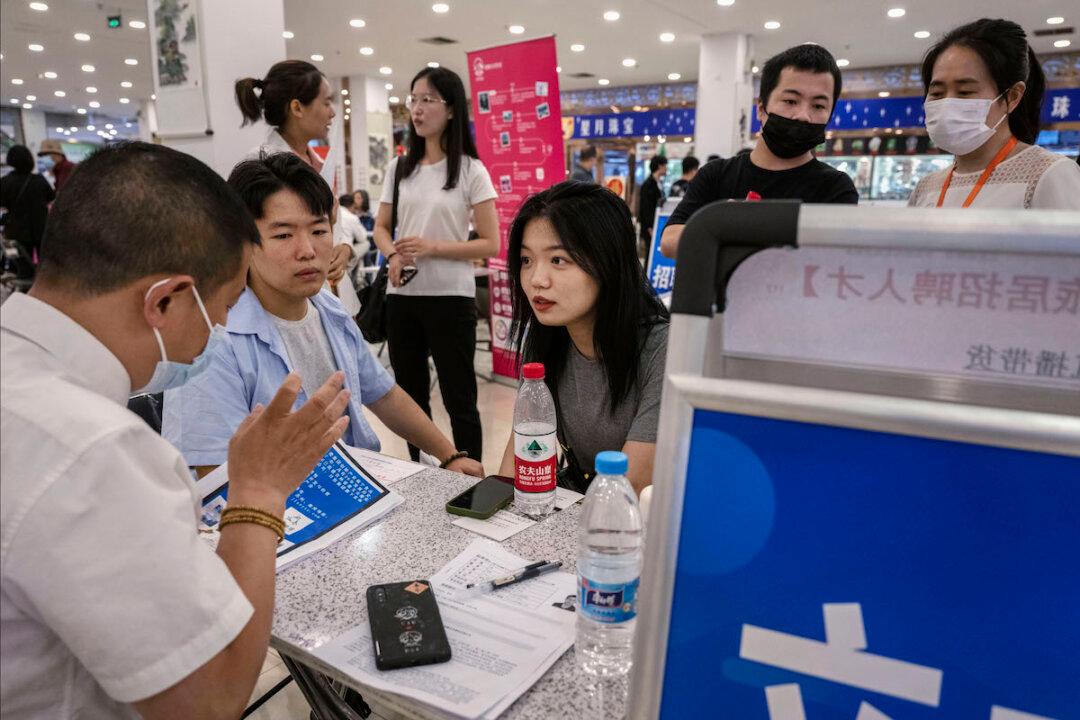China’s healthcare system was unprepared for the Chinese Communist Party’s drastic change in its COVID-19 policy, resulting in widespread drug shortages and soaring prices.
According to a Dec. 19 report by China’s NetEase News, in Beijing and Tianjin, the fever-reducer ibuprofen for adults and children has become hard to find.




